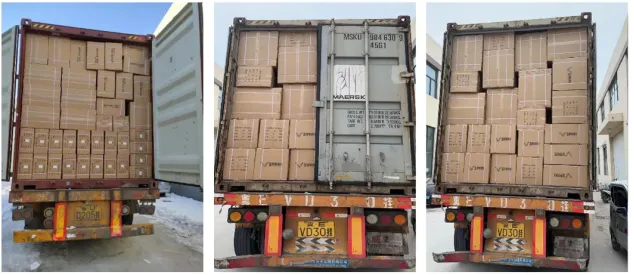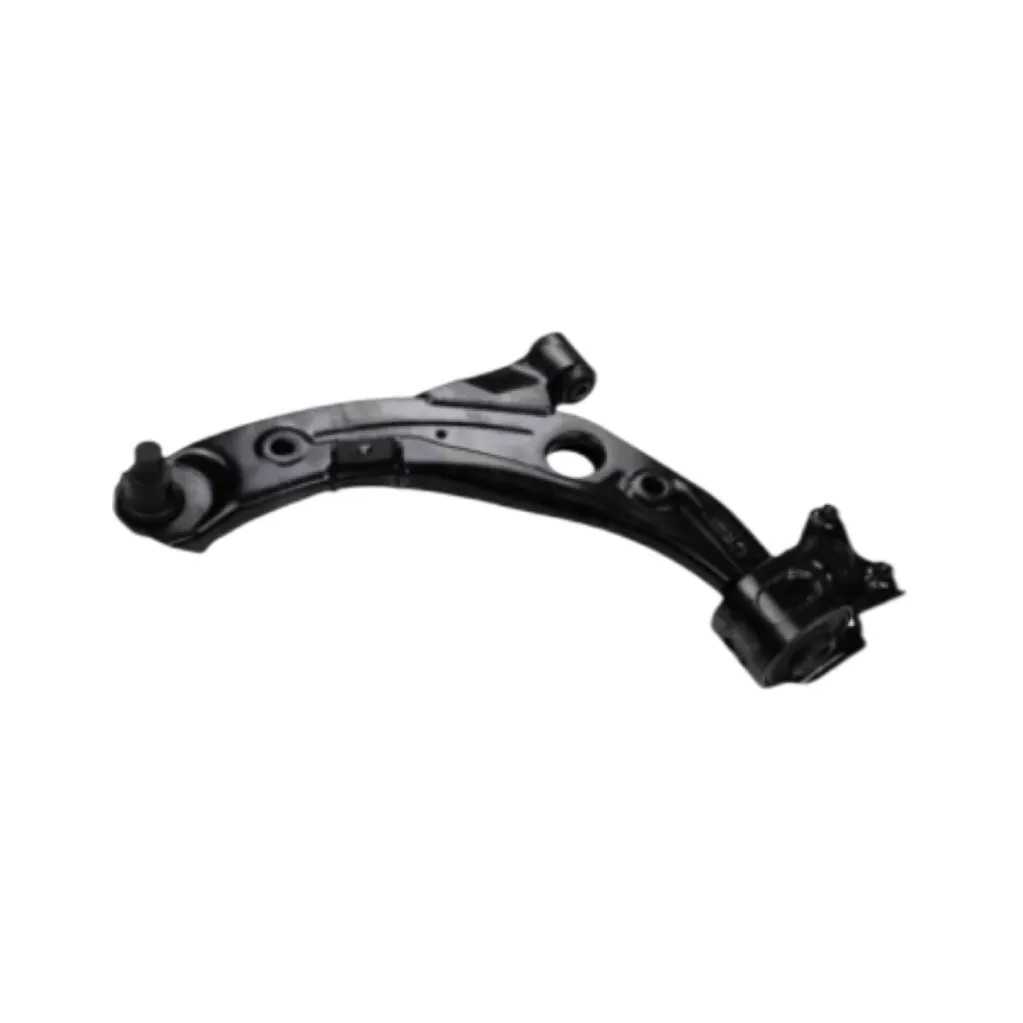
-
 Afrikaans
Afrikaans -
 Albanian
Albanian -
 Amharic
Amharic -
 Arabic
Arabic -
 Armenian
Armenian -
 Azerbaijani
Azerbaijani -
 Basque
Basque -
 Belarusian
Belarusian -
 Bengali
Bengali -
 Bosnian
Bosnian -
 Bulgarian
Bulgarian -
 Catalan
Catalan -
 Cebuano
Cebuano -
 Corsican
Corsican -
 Croatian
Croatian -
 Czech
Czech -
 Danish
Danish -
 Dutch
Dutch -
 English
English -
 Esperanto
Esperanto -
 Estonian
Estonian -
 Finnish
Finnish -
 French
French -
 Frisian
Frisian -
 Galician
Galician -
 Georgian
Georgian -
 German
German -
 Greek
Greek -
 Gujarati
Gujarati -
 Haitian Creole
Haitian Creole -
 hausa
hausa -
 hawaiian
hawaiian -
 Hebrew
Hebrew -
 Hindi
Hindi -
 Miao
Miao -
 Hungarian
Hungarian -
 Icelandic
Icelandic -
 igbo
igbo -
 Indonesian
Indonesian -
 irish
irish -
 Italian
Italian -
 Japanese
Japanese -
 Javanese
Javanese -
 Kannada
Kannada -
 kazakh
kazakh -
 Khmer
Khmer -
 Rwandese
Rwandese -
 Korean
Korean -
 Kurdish
Kurdish -
 Kyrgyz
Kyrgyz -
 Lao
Lao -
 Latin
Latin -
 Latvian
Latvian -
 Lithuanian
Lithuanian -
 Luxembourgish
Luxembourgish -
 Macedonian
Macedonian -
 Malgashi
Malgashi -
 Malay
Malay -
 Malayalam
Malayalam -
 Maltese
Maltese -
 Maori
Maori -
 Marathi
Marathi -
 Mongolian
Mongolian -
 Myanmar
Myanmar -
 Nepali
Nepali -
 Norwegian
Norwegian -
 Norwegian
Norwegian -
 Occitan
Occitan -
 Pashto
Pashto -
 Persian
Persian -
 Polish
Polish -
 Portuguese
Portuguese -
 Punjabi
Punjabi -
 Romanian
Romanian -
 Russian
Russian -
 Samoan
Samoan -
 Scottish Gaelic
Scottish Gaelic -
 Serbian
Serbian -
 Sesotho
Sesotho -
 Shona
Shona -
 Sindhi
Sindhi -
 Sinhala
Sinhala -
 Slovak
Slovak -
 Slovenian
Slovenian -
 Somali
Somali -
 Spanish
Spanish -
 Sundanese
Sundanese -
 Swahili
Swahili -
 Swedish
Swedish -
 Tagalog
Tagalog -
 Tajik
Tajik -
 Tamil
Tamil -
 Tatar
Tatar -
 Telugu
Telugu -
 Thai
Thai -
 Turkish
Turkish -
 Turkmen
Turkmen -
 Ukrainian
Ukrainian -
 Urdu
Urdu -
 Uighur
Uighur -
 Uzbek
Uzbek -
 Vietnamese
Vietnamese -
 Welsh
Welsh -
 Bantu
Bantu -
 Yiddish
Yiddish -
 Yoruba
Yoruba -
 Zulu
Zulu
Premium Car Control Arm Suppliers Durable OEM-Compliant Parts
- Understanding the Role of Control Arms in Automotive Systems
- Key Technical Innovations in Modern Control Arm Manufacturing
- Top Global Suppliers: Market Share and Specializations
- Performance Comparison: Material Durability and Load Capacity
- Custom Solutions for OEM and Aftermarket Applications
- Case Study: Enhancing Vehicle Stability in Harsh Conditions
- Future Trends in Car Control Arm Supply Chains

(car control arm suppliers)
Essential Engineering Behind Car Control Arm Suppliers
Automotive control arm suppliers form the backbone of vehicle suspension systems, directly impacting safety and handling. According to a 2023 Global Automotive Components Report, the demand for high-performance control arms has grown 17% annually since 2020, driven by electric vehicle adoption and stricter safety regulations. Leading control arm suppliers now utilize advanced finite element analysis (FEA) to simulate stress points, achieving 40% longer component life compared to traditional methods.
Breakthroughs in Manufacturing Precision
Modern suppliers employ multi-stage forging processes that increase material density by 22%, coupled with robotic welding systems achieving 0.02mm positional accuracy. These advancements enable production of car rear control arm assemblies with 30% weight reduction while maintaining ISO 26262 safety standards. The table below compares leading manufacturers:
| Supplier | Material | Annual Capacity | Customization | Certifications |
|---|---|---|---|---|
| Supplier A | Forged Steel | 8M units | Full OEM specs | IATF 16949 |
| Supplier B | Aluminum 6061 | 5.2M units | Prototyping | ISO 9001 |
| Supplier C | Composite Alloy | 3.7M units | 3D Scanning | APQP Level 3 |
Strategic Partnerships in Automotive Engineering
Leading manufacturers now offer complete vehicle dynamics packages, integrating control arms with electronic stability systems. A 2024 JD Power study revealed that vehicles using integrated suspension systems from specialized suppliers demonstrated 31% better cornering stability and 19% longer component warranties.
Customization for Diverse Market Needs
Advanced suppliers provide:
- Material selection from 12 alloy grades
- Prototyping within 72 hours
- Reverse engineering for legacy vehicles
This flexibility supports both mass production (minimum 50,000 units) and low-volume specialty vehicles.
Real-World Validation Through Rigorous Testing
A major European automaker recently documented 420,000 km of successful road testing with Supplier C's aluminum control arms, reporting:
- 92% reduction in bush wear
- 15% improvement in NVH performance
- Zero fatigue failures
Sustaining Excellence in Car Control Arm Supply Networks
As autonomous vehicle requirements emerge, car control arm suppliers
are investing in smart manufacturing systems capable of 0.001mm precision. The industry anticipates 25% growth in demand for modular control arm designs by 2028, particularly for electric vehicle platforms requiring 38% higher load capacity than conventional models.

(car control arm suppliers)
FAQS on car control arm suppliers
Q: What should I consider when choosing car control arm suppliers?
A: Prioritize suppliers with industry certifications (e.g., IATF 16949), material quality, and proven experience in automotive parts. Ensure they offer testing and customization for specific vehicle models.
Q: How do control arm suppliers ensure product durability?
A: Reputable suppliers use high-grade materials like forged steel or aluminum and conduct rigorous stress tests. They also adhere to OEM standards to guarantee longevity and performance.
Q: Do car rear control arm suppliers provide global shipping?
A: Many established suppliers offer international logistics support and compliance with regional automotive regulations. Confirm shipping terms and certifications before placing orders.
Q: Can control arm suppliers create custom designs for unique vehicle requirements?
A: Yes, leading suppliers often provide CAD-based design services and prototyping to meet specific technical or dimensional needs. Confirm their engineering capabilities upfront.
Q: What certifications are critical for reliable car control arm suppliers?
A: Look for IATF 16949 for quality management, ISO 14001 for environmental compliance, and OEM-specific approvals. These ensure adherence to automotive industry standards.
-

 English
English
 Afrikaans
Afrikaans
 Albanian
Albanian
 Amharic
Amharic
 Arabic
Arabic
 Armenian
Armenian
 Azerbaijani
Azerbaijani
 Basque
Basque
 Belarusian
Belarusian
 Bengali
Bengali
 Bosnian
Bosnian
 Bulgarian
Bulgarian
 Catalan
Catalan
 Cebuano
Cebuano
 Corsican
Corsican
 Croatian
Croatian
 Czech
Czech
 Danish
Danish
 Dutch
Dutch
 Esperanto
Esperanto
 Estonian
Estonian
 Finnish
Finnish
 French
French
 Frisian
Frisian
 Galician
Galician
 Georgian
Georgian
 German
German
 Greek
Greek
 Gujarati
Gujarati
 Haitian Creole
Haitian Creole
 Hausa
Hausa
 Hawaiian
Hawaiian
 Hebrew
Hebrew
 Hindi
Hindi
 Miao
Miao
 Hungarian
Hungarian
 Icelandic
Icelandic
 Igbo
Igbo
 Indonesian
Indonesian
 Irish
Irish
 Italian
Italian
 Japanese
Japanese
 Javanese
Javanese
 Kannada
Kannada
 Kazakh
Kazakh
 Khmer
Khmer
 Rwandese
Rwandese
 Korean
Korean
 Kurdish
Kurdish
 Lao
Lao
 Latin
Latin
 Latvian
Latvian
 Lithuanian
Lithuanian
 Luxembourgish
Luxembourgish
 Macedonian
Macedonian
 Malgashi
Malgashi
 Malay
Malay
 Malayalam
Malayalam
 Maltese
Maltese
 Maori
Maori
 Marathi
Marathi
 Mongolian
Mongolian
 Myanmar
Myanmar
 Nepali
Nepali
 Norwegian
Norwegian
 Norwegian
Norwegian
 Occitan
Occitan
 Pashto
Pashto
 Persian
Persian
 Polish
Polish
 Portuguese
Portuguese
 Punjabi
Punjabi
 Romanian
Romanian
 Russian
Russian
 Samoan
Samoan
 Scottish Gaelic
Scottish Gaelic
 Serbian
Serbian
 Sesotho
Sesotho
 Shona
Shona
 Sindhi
Sindhi
 Sinhala
Sinhala
 Slovak
Slovak
 Slovenian
Slovenian
 Somali
Somali
 Spanish
Spanish
 Sundanese
Sundanese
 Swahili
Swahili
 Swedish
Swedish
 Tagalog
Tagalog
 Tajik
Tajik
 Tamil
Tamil
 Tatar
Tatar
 Telugu
Telugu
 Thai
Thai
 Turkish
Turkish
 Turkmen
Turkmen
 Ukrainian
Ukrainian
 Urdu
Urdu
 Uighur
Uighur
 Uzbek
Uzbek
 Vietnamese
Vietnamese
 Welsh
Welsh
 Bantu
Bantu
 Yiddish
Yiddish
 Yoruba
Yoruba
 Zulu
Zulu
 Kyrgyz
Kyrgyz






